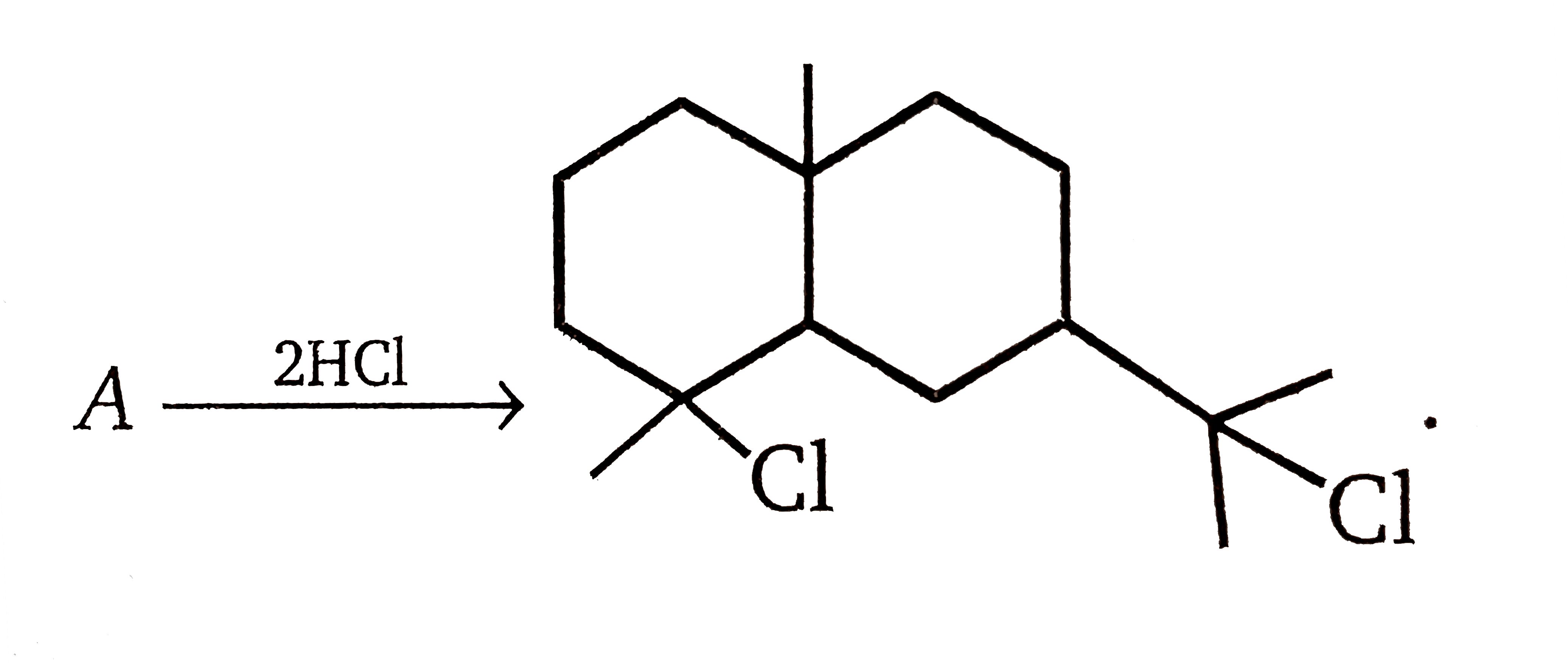A reaction involiving two different reactants can never be:
A
bimolecular reaction
B
second order reaction
C
first order reaction
D
unimolecular reaction
Video Solution
Text Solution
The correct Answer is:D
Molecularity is the number of molecules (or atoms or ions) on the reactant side of the chemical equation for the two different reacting molecules is a bimolecular reaction. However, a complex reaction involving two different reactants can be a second order or a first order reaction depending upon reaction mechanism.
|
Topper's Solved these Questions
- CHEMICAL KINETICSBOOK - R SHARMACHAPTER - CHEMICAL KINETICSEXERCISE - Follow-up 4
20 Videos
- CHEMICAL KINETICSBOOK - R SHARMACHAPTER - CHEMICAL KINETICSEXERCISE - Follow-up 5
12 Videos
- CHEMICAL KINETICSBOOK - R SHARMACHAPTER - CHEMICAL KINETICSEXERCISE - Follow-up 2
10 Videos
- BIOMOLECULESBOOK - R SHARMACHAPTER - BIOMOLECULESEXERCISE - Archives
47 Videos
- CHEMISTRY IN EVERYDAY LIFEBOOK - R SHARMACHAPTER - CHEMISTRY IN EVERYDAY LIFEEXERCISE - Archives
11 Videos
Similar Questions
Knowledge Check
A reaction involving two different reactants can never be:
Aunimolecular reactionBfirst order reactionCsecond order reactionDbimolecular reactionA reaction involiving two different reactants can never be:
Aunimolecular reactionBfirst order reactionCsecond order reactionDbimolecular reactionA reaction involving two different reactants can never be
Abimolecular reactionBsecond order reactionCfirst order reactionDunimolecular reaction
The order of reaction can never be zero.
View SolutionReactants A and B can react to give two different products C and D in two different reactions. The two reactions take place in two different mechanisms and D is found to be more energetically stable than C. But product C was found in larger amounts. How do you account for this ?
View SolutionState whether the statements given are True or False.
Two rationals with different numerators can never be equal.
View SolutionA reaction involiving two different reactants can never be:
View Solution . Reactant (A) can be:
. Reactant (A) can be:
View Solution
